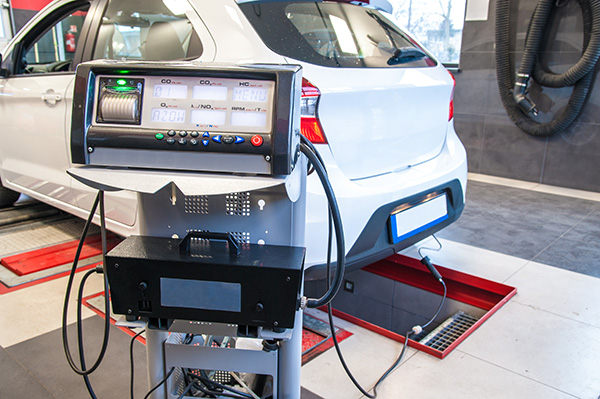
Failing a state inspection or emissions test can feel frustrating, but it’s not the end of the road. Pennsylvania requires these tests to ensure vehicles meet safety and environmental standards, so a failure isn’t uncommon—and it’s fixable. If you’ve recently failed and aren’t sure how to proceed, don’t worry. Here’s what you need to know to get your vehicle back on track and passing with flying colors.
Understand Why You Failed
The first step in addressing a failed inspection or emissions test is understanding the reason behind it. The test results will typically include a detailed report outlining the issues. Common reasons for failure include:
- Worn brakes or tires
- Check engine light on
- Faulty emissions system
- Exhaust leaks
- Damaged lights or windshield
By reviewing the failure report, you can pinpoint the exact areas that need attention. This knowledge will help you prioritize repairs and avoid unnecessary expenses.
Address the Issues Promptly
Once you know why your vehicle failed, it’s time to fix the problems. Depending on the severity, some issues might be as simple as replacing a headlight or addressing a loose gas cap. Others, like emissions-related failures, may require more extensive repairs.
For emissions issues, the most common culprits include oxygen sensors, catalytic converters, or even a malfunctioning fuel system. Working with an experienced auto technician ensures these problems are diagnosed and resolved correctly the first time.
Work with a Trusted Repair Shop
A reliable repair shop can make all the difference when it comes to fixing inspection-related issues. Look for a team that understands Pennsylvania’s inspection and emissions requirements. We are familiar with the process and can guide you through retesting without unnecessary delays.
If you’re in Reading, PA, and need a reputable shop, look no further than Auto Pro.
What Happens During the Retest
After addressing the issues, your vehicle will need to undergo a retest to confirm compliance. Pennsylvania law allows for one free retest within 30 days at the original inspection station, so don’t delay. Be sure to bring the original failure report with you, as the station will use it to verify the corrections.
During the retest, the inspector will focus only on the previously failed items unless new issues have developed. This means you’re not starting over but instead confirming the fixes were successful.
Prevent Future Failures
Nobody wants to deal with the hassle of a failed inspection or emissions test again. Fortunately, there are steps you can take to reduce the likelihood of future failures:
- Stay on top of maintenance: Regular oil changes, brake checks, and tire rotations keep your vehicle in good condition.
- Watch for warning signs:If your check engine light comes on or your car starts running poorly, address the issue before it worsens.
- Follow Pennsylvania’s testing schedule: Knowing when your inspection is due gives you time to handle repairs in advance.
By making vehicle care a priority, you’ll enjoy peace of mind knowing your car is safe, reliable, and compliant.
Passing Inspections
Passing your state inspection and emissions test isn’t just about avoiding fines—it’s about keeping your vehicle safe for you and everyone else on the road. These tests also play a critical role in reducing harmful emissions and protecting the environment for future generations.
While failing a test may be inconvenient, it’s an opportunity to address problems and ensure your vehicle performs as it should. With the right approach and a trusted repair partner, you’ll have no trouble passing your retest and staying compliant with Pennsylvania law.
Need help passing your state inspection or emissions test? Visit Auto Pro in Reading, PA, for expert diagnostics and repairs. Schedule your appointment today and get back on the road confidently!